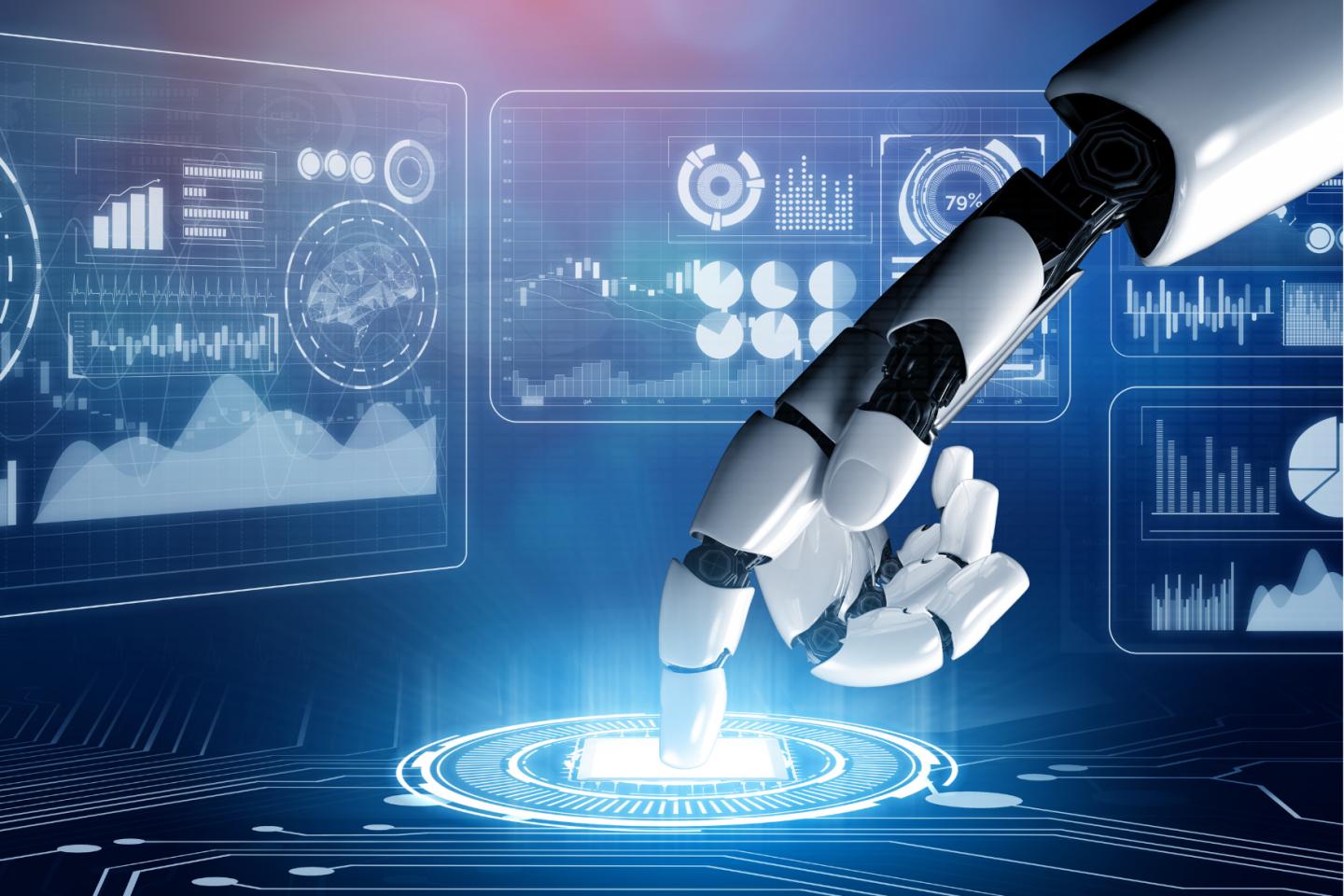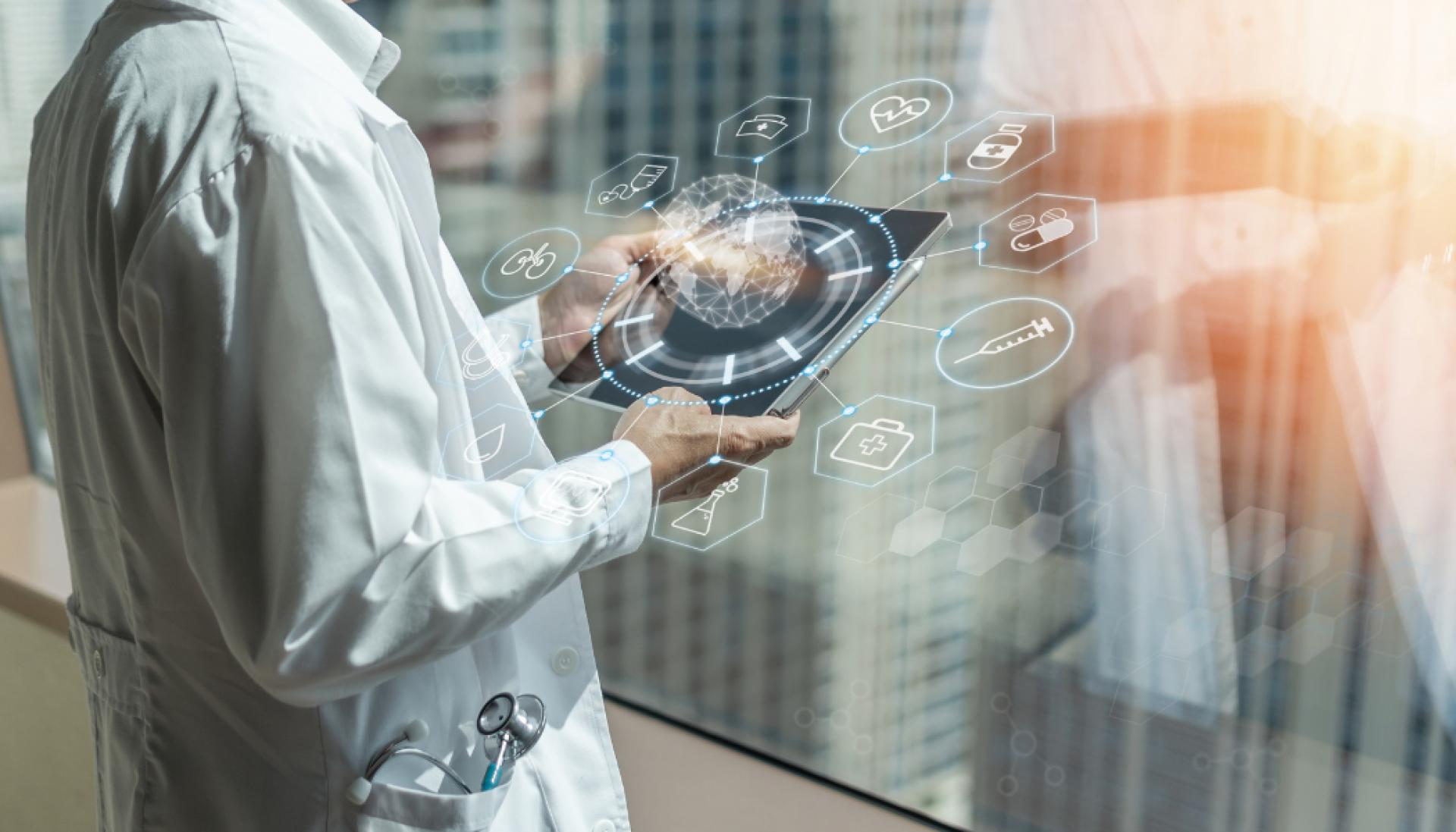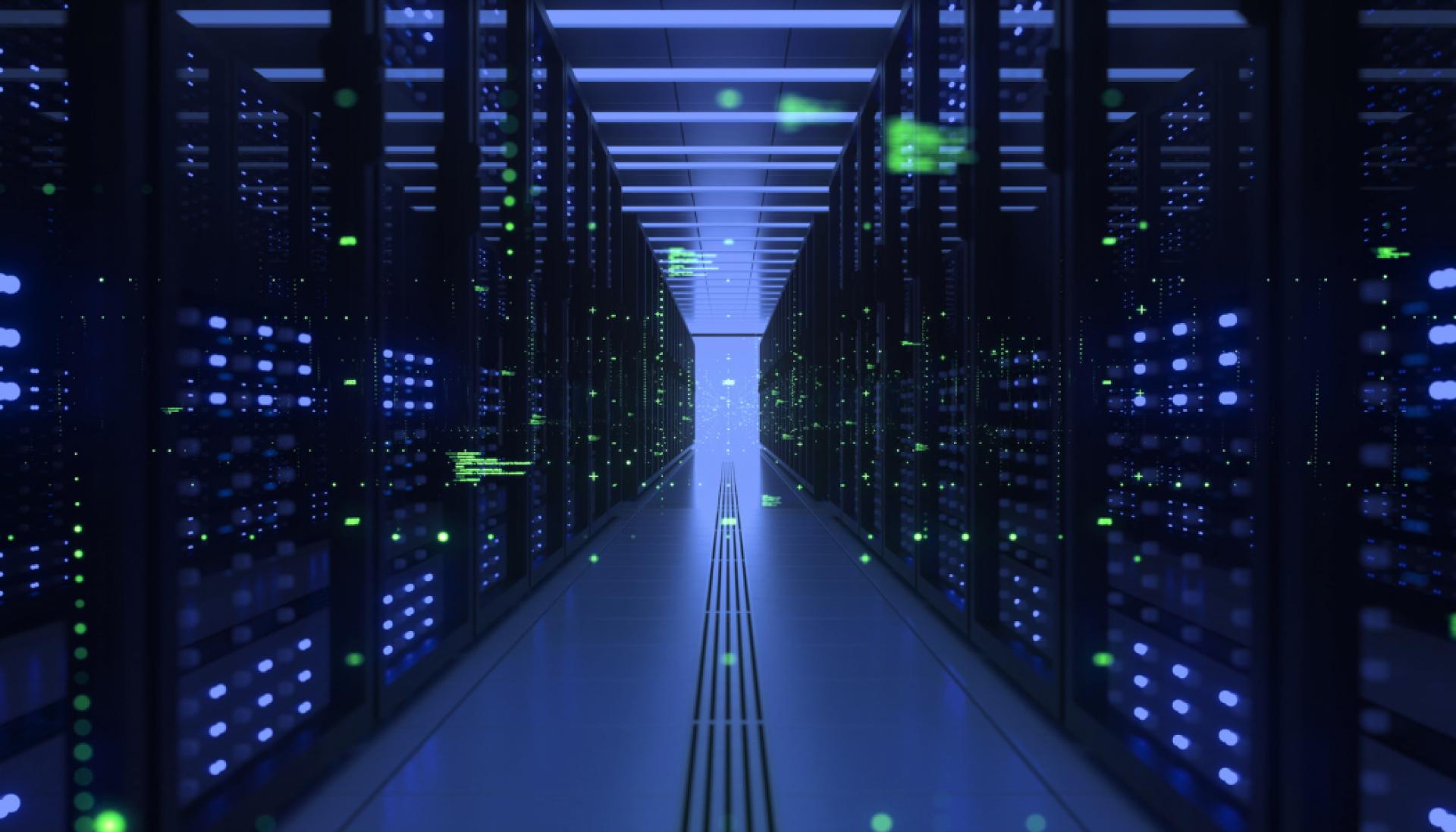
Interim finance hires (also known as contractors) can be a game-changer for scale-ups looking to drive growth.
Artificial intelligence can feel like a bit of a daunting concept sometimes.

The Positive Impact Of AI On Society
Artificial intelligence can feel like a bit of a daunting concept sometimes.
We’ve all seen sci-fi movies where a computer turns on its creators to wreak havoc. Unsurprisingly, this has made a few people anxious about the dawn of advanced machine learning.
Fortunately, this is far from the reality of the situation.
The truth is that AI is already having a hugely positive impact on society - in more subtle ways than you might think.
For example, 91.5% of leading businesses are already investing in artificial intelligence on an ongoing basis. AI is contributing to businesses in a number of ways, from reducing time spent on manual tasks to preventing human errors.
And AI isn’t just enhancing the corporate world. It’s also present in our daily lives - 40% of adults use voice assistants on a daily basis, while chatbots are becoming increasingly popular among consumers for customer service queries.
At its core, AI provides both businesses and consumers with improved automation, rapid data processing, and superior decision-making. As a result, artificial intelligence has incredible implications for a wide range of industries and sectors.
Let’s take a look at 5 different sectors that are capitalising on the potential of AI, and explore how this exciting technology is paving the way for better products, services, and outcomes.

Healthcare
The healthcare industry often finds itself struggling with processing mountains of private data, managing complex logistics, and servicing high volumes of customers.
Fortunately, these are three areas that AI excels in.
Artificial Intelligence has already proven itself to be extremely valuable for the healthcare sector, and is being deployed in a number of different ways. For example, AI systems can provide rapid diagnoses for simple conditions and ailments, allowing patients to quickly receive the right drugs and treatments.
Diagnostics make up 70% of all decision making within the healthcare industry and this is using up valuable time for these already overworked healthcare workers. Therefore these ‘virtual’ medical assistants free up huge amounts of time for real doctors and nurses, enabling them to tackle more complex conditions and consultations.
In fact, there are instances where AI has been able to identify early-stage health issues before human physicians. AI systems are designed to process and analyse large quantities of data, meaning they can assist doctors in spotting trends and recognising warnings.
Basic, time-consuming tasks like patient form processing and prescription management can also be handled effectively by AI, allowing hospitals and pharmacies to focus on more pressing issues.

Sustainability and the environment
Many environmental agencies spend a considerable amount of time tracking and monitoring different data sets. For example, an organisation may need to measure granular climate changes over time or try to predict the environmental impact of a specific technology.
Once again, this is an area where AI can offer enormous value.
Artificial Intelligence can help these agencies to gather and analyse data infinitely faster, helping them to conduct superior research. AI can also be utilised for better weather and climate predictions, providing businesses with actionable data they can rely on.
Interestingly, AI is now also being used in the world of farming and agriculture to improve productivity. Farmers can leverage AI solutions to accurately predict crop yields, limit the application of pesticides, and monitor the health of their livestock.

Economy
One of the biggest apprehensions around artificial intelligence is that machines will inevitably replace humans and take over their jobs.
Although it’s true that AI has the potential to take on many different roles and responsibilities, this technology ultimately creates more opportunities than it removes.
For example, Artificial Intelligence tends to be better suited for monotonous tasks that are highly time-consuming (and fairly boring) for workers. By helping to complete these mundane tasks quickly and efficiently, AI can enable individuals to carry out more rewarding jobs in the workplace.
In its ‘Future Of Jobs’ report in 2018, the World Economic Forum referenced one set of estimates suggesting that ‘while 75m jobs may be displaced, 133m could be created to adapt to “the new division of labour between humans, machines and algorithms”.’
This AI-driven efficiency also has massive implications for the wider economy.
One McKinsey report suggests that Artificial Intelligence could potentially add 16% (13 trillion USD) to the global economy by 2030. This isn’t surprising when you consider the jaw-dropping impact that AI can have on supply chains and logistics for a vast range of industries.

Education
Education is another sector that can benefit tremendously from the automation and efficiency of Artificial Intelligence.
Since AI can be used to analyse and categorise large volumes of data, this technology can deliver more personalised learning experiences for students around the world. Rather than taking a blanket approach to education, schools could utilise machine learning to identify specific challenges for individual students and tailor learning materials accordingly.
Teachers could also leverage AI to handle repetitive tasks (e.g. marking homework), freeing up valuable time for lesson planning and student support.
Additionally, Artificial Intelligence can be deployed for student feedback.
Teachers can struggle to provide every single student with personalised support, particularly at the University level. AI could deliver customised insights at scale that are more informative and practical for students.

Cyber security
One of AI’s most exciting opportunities is in the world of cyber security.
As more personal information is stored and transferred online, effective cyber security is becoming increasingly important. Cybercrime currently causes around $600bn in damages every year, and this number is consistently growing.
Artificial Intelligence can help businesses and financial institutions to detect fraud, anticipate threats, and launch immediate responses.
AI can identify cyber breaches far more quickly than humans, which provides users and organisations with precious time to deal with attacks and minimise risk. Cybercriminals are constantly developing new threats and weapons - Artificial Intelligence enables businesses to stay ahead of the curve by producing cutting-edge security solutions.
Artificial Intelligence is already proving to be a game-changer for a number of different industries.
Whether it’s the automation of manual tasks or the analysis of complex data sources, AI is fast becoming an invaluable tool for many companies across the globe.
However, when it comes to the true potential of AI in society, we’ve barely scratched the surface. As Artificial Intelligence technology evolves and becomes increasingly useful, more groundbreaking opportunities and solutions are guaranteed to emerge.
When we work in harmony, great things happen. Let’s show you how.
Get the latest insights, tips, and opportunities straight to your inbox – sign up today!